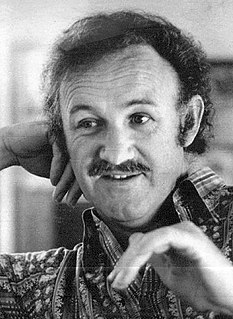A Quote by Howard Gordon
In some ways, a novel isn't as structurally rigorous as a screenplay or a TV show, which have finite real estate. In a novel, you can more deeply illuminate a character's interior and get away with digressions.
Related Quotes
You can't have a novel without real, believable people, and once you get into either too theoretical a novel or too philosophical a novel, you get into the dangers that the French novel has discovered in the past 50 or 60 years. And you get into a sort of aridity. No, you have to have real, identifiable people to whom the reader reacts in a way as if they were real people.
I feel very strongly influenced by long-form box-set TV drama... I feel really excited that, at last, the novel has found its on-screen equivalent, because the emotional arcs and changes that you can follow are just so much more like a novel, and so many amazing shows recently have done as much as film can do to show the interior world.
There is, in fact, not much point in writing a novel unless you can show the possibility of moral transformation, or an increase in wisdom, operating in your chief character or characters. Even trashy bestsellers show people changing. When a fictional work fails to show change, when it merely indicates that human character is set, stony, unregenerable, then you are out of field of the novel and into that of the fable or the allegory. - from the introduction of the 1986 Norton edition
I'm always trying to make something that is impossible to film. Why would somebody just read a novel when they can see it on TV or in the cinema? I really have to think of the things fiction can do that film can't and play to the strengths of the novel. With a novel, you can get right inside somebody's head.
It's very bad to write a novel by act of will. I can do a book of nonfiction work that way - just sign the contract and do the book because, provided the topic has some meaning for me, I know I can do it. But a novel is different. A novel is more like falling in love. You don't say, 'I'm going to fall in love next Tuesday, I'm going to begin my novel.' The novel has to come to you. It has to feel just like love.




































